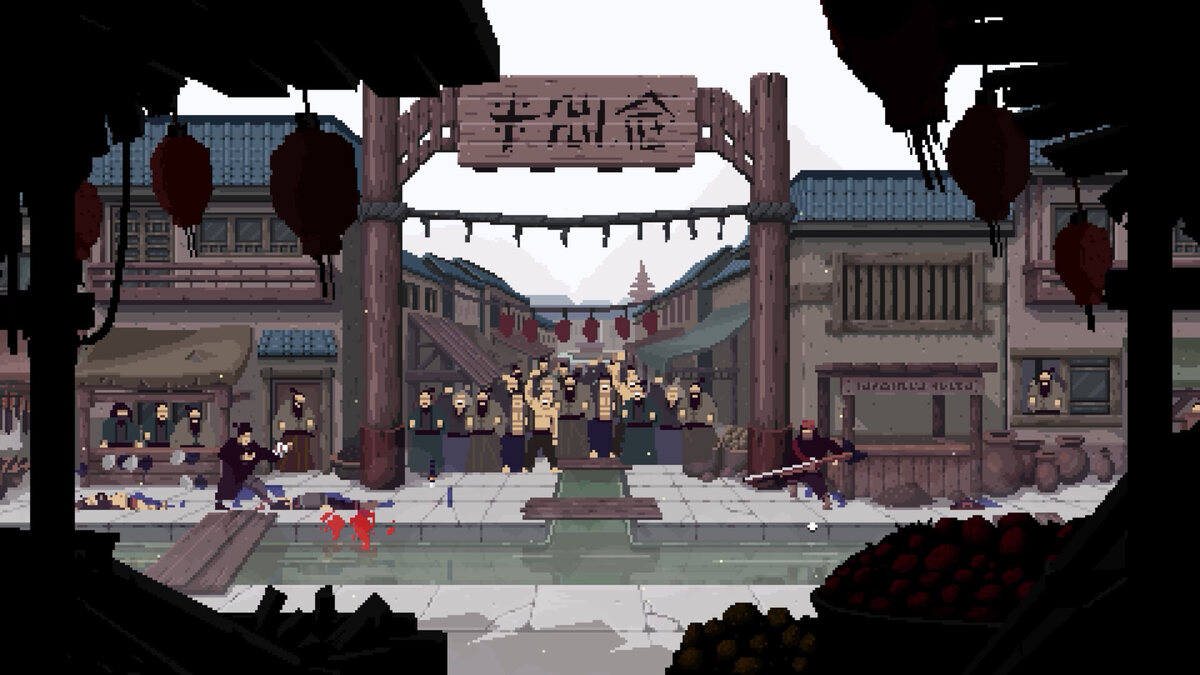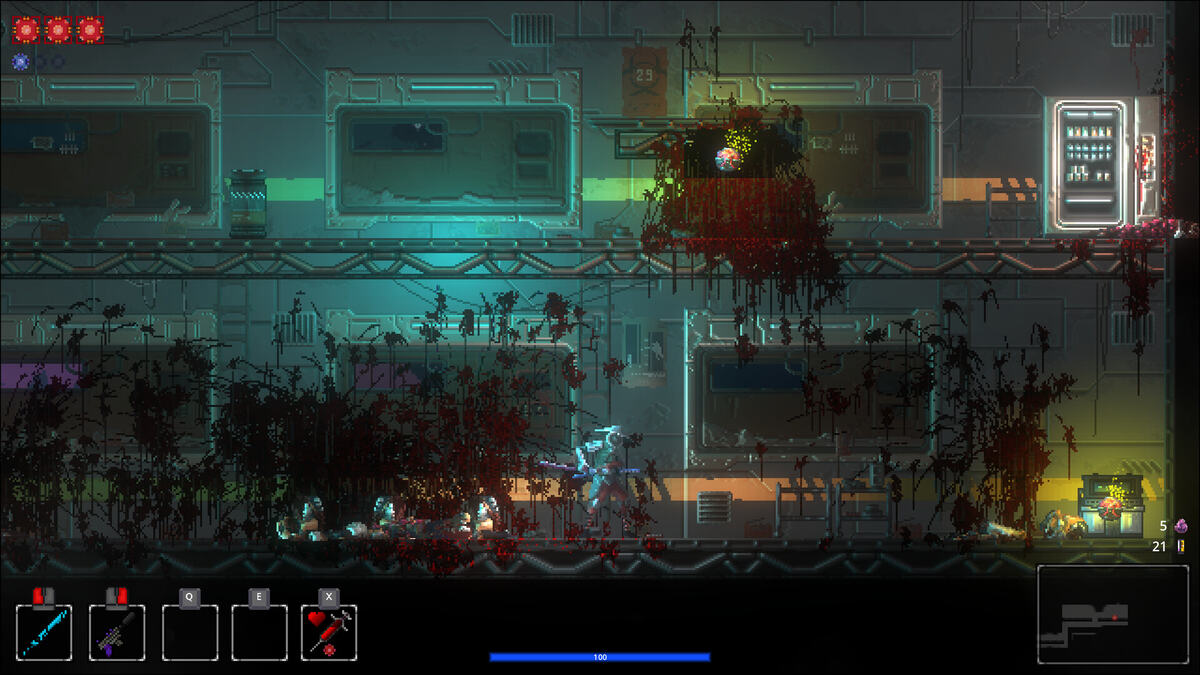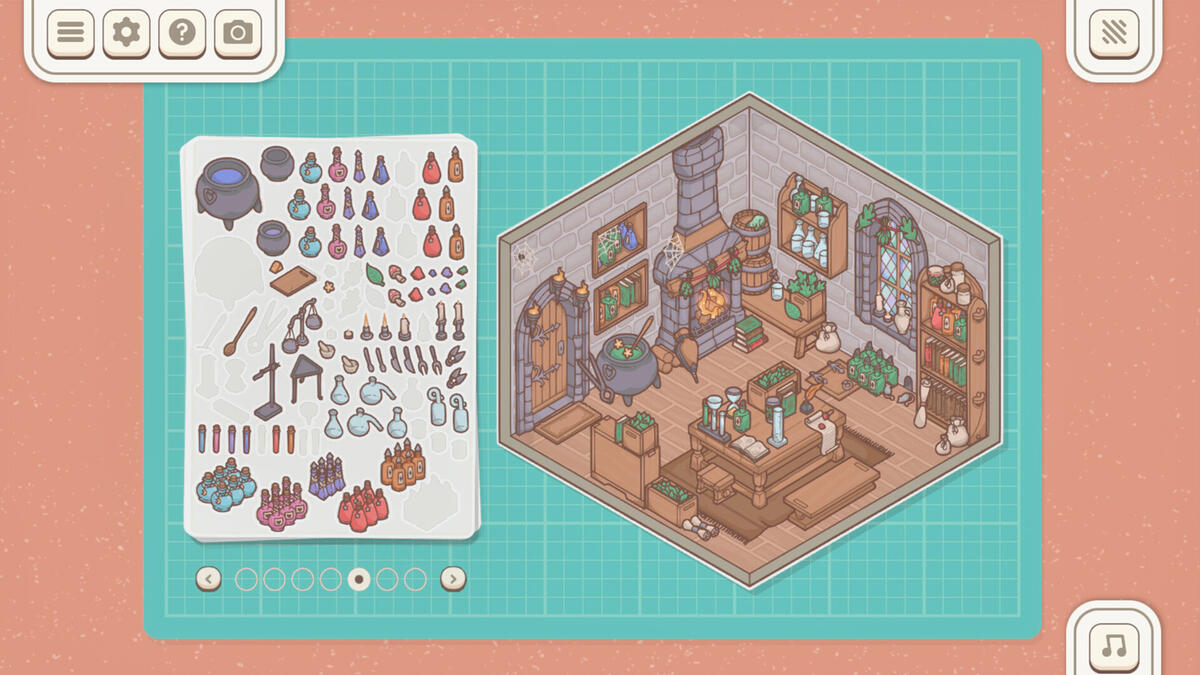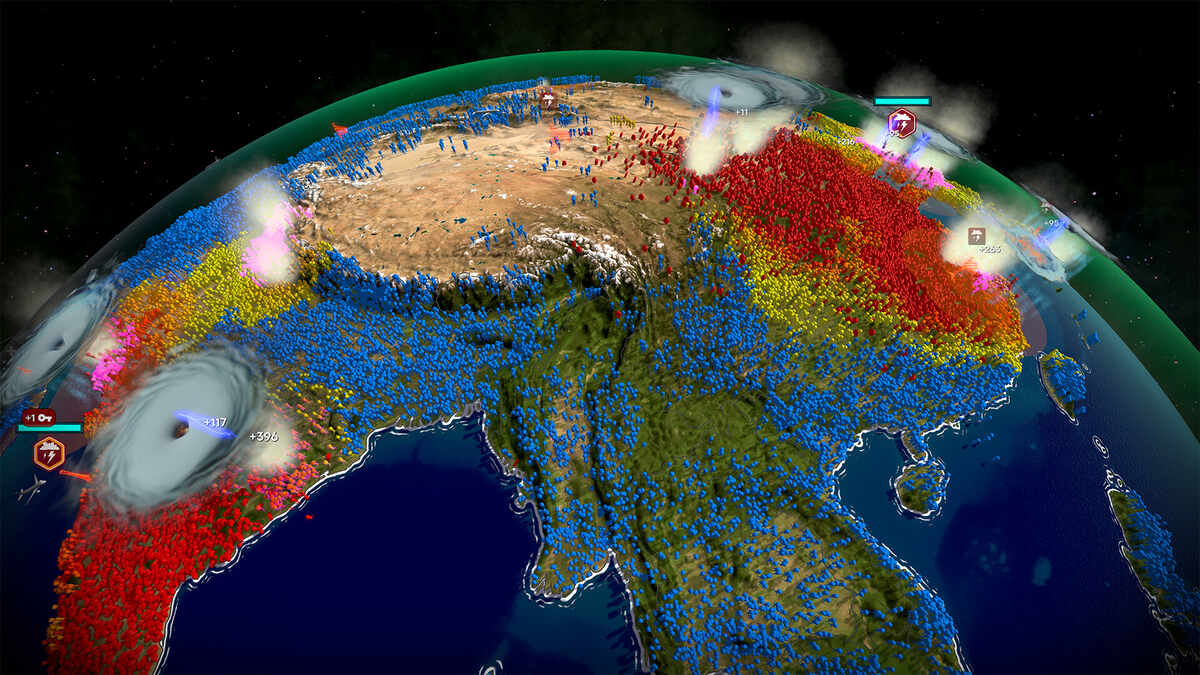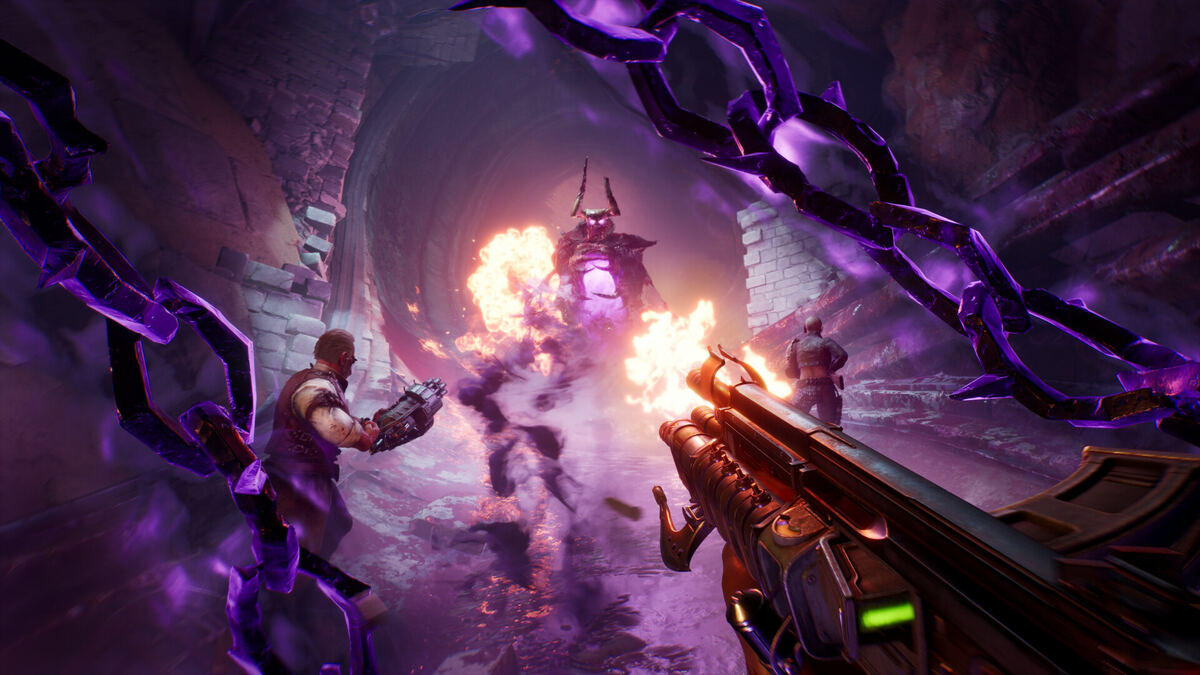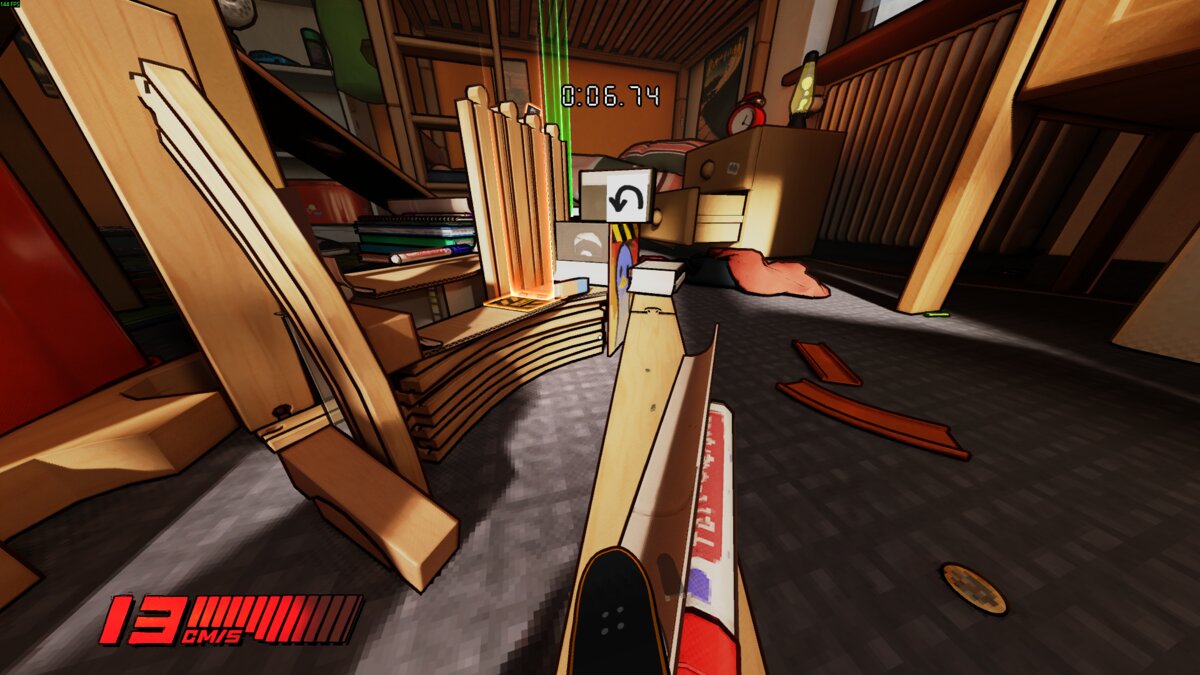You can trust VideoGamer. Our team of gaming experts spend hours testing and reviewing the latest games, to ensure you're reading the most comprehensive guide possible. Rest assured, all imagery and advice is unique and original. Check out how we test and review games here
You probably won’t like Darkwood. Not in the beginning, anyway, given that it’s as approachable as Saddam’s palaces circa 2003. It certainly doesn’t like you: think Minecraft’s day-night mechanic meets a suffocating H.P. Lovecraft influence, with permadeath chucked in, and you’re close to getting a handle on what Darkwood is going for.
Close, but not quite there, as it’s only after a few hours of play that the game reveals its worth. Currently in Alpha, the development team is upfront about the state of the project, warning of everything from graphical issues to potential save game deletion. Amazingly, the latter seems less like a bug and more like a feature, even when playing with permadeath off. Darkwood is difficult by design, and it doesn’t give a single f*** about you or your progress. Lovely.
Set in a STALKER-style country in the Soviet bloc, your character is a scavenger lost – and trapped – in a desolate forest. The lack of internet isn’t the only issue: basic shelter is hard to come by, and even harder to fortify. Which is a bit of a pisser, seeing as when night falls you’ll come under attack from other residents of the world.
As such the day is spent exploring, desperately hunting for wood to chop and combine with nails to barricade the various broken windows and unsecured doors of your refuge. There are also valuables to loot (and sell to a merchant), as well as mushrooms and other fungi to gather. These are then cooked, mixed, and matched, to give the player different perks. Some of these are positive – such as less attention from the wolves that often guard high-value items – but some also have negative effects.
It’s imperative that players gather as many supplies as they can during the daylight hours, but Darkwood doesn’t make it easy. The wood is fraught with danger, not just from the aforementioned wolves but also from poisonous mushrooms, many of which are hidden in the undergrowth. But Darkwood’s real hook – and its most fatal element – is its procedural world, and how easy it is to get lost in it.
There is a map, but it’s hand-drawn and only updates when you encounter something of interest: a makeshift camp, an entrance into the underground, or a set of burned-out buildings. As such, it is exceedingly easy to get lost, and in your first few playthroughs you’ll be baying for the blood of whoever designed this stupid f***ing game.
After a couple of deaths, however, Darkwood settles into its rhythm, and asks you to rise to the challenge. In its current form, it is the antithesis of the coddling nature of modern video games, and you’d imagine it would prefer to cut your arm off than hold your hand. But it works, and soon I found myself plotting out little routes from my safehouse, ones that I could easily trace back, to expand my knowledge of the area. The risk-reward dynamic is delicately poised: leaving your safehouse unsecured will often result in death, forcing you out to forage. On the other hand, getting lost in the forest is also just as dangerous, and can be howlingly frustrating when (not if) you get lost.
With these elements in play – and with permadeath turned on – Darkwood is a compelling, if bastard hard, experience. Many games claim to be about survival horror, but Darkwood takes it to the extreme. The night sequences, especially if you’re not fully prepared, are supremely effective, especially as you’ll often not see your assailant until it’s too late. I managed to survive my first night by, essentially, hiding behind a door, with only the light of a flare to show me what laid in wait. Daybreak is a tangible relief, tempered by the knowledge that it won’t be long until you have to do it all over again.
There’s a lot to work on before the game releases: character movement is slow and clunky: perhaps deliberately so, but the effect is more aggravating than anything else. Inventory management also seems a touch convoluted at the moment, with a combination of mouse clicks needed to do simple things like adding gasoline to a table saw. (A lack of visual feedback as to whether your additions have had any effect is also part of this.) If these can be fixed, then Darkwood could live up to the hype.
Darkwood
- Platform(s): Linux, macOS, Nintendo Switch, PC, PlayStation 4, Xbox One
- Genre(s): Action, Adventure, Indie, RPG

/https://oimg.videogamer.com/images/2764/darkwood_5.jpg)

